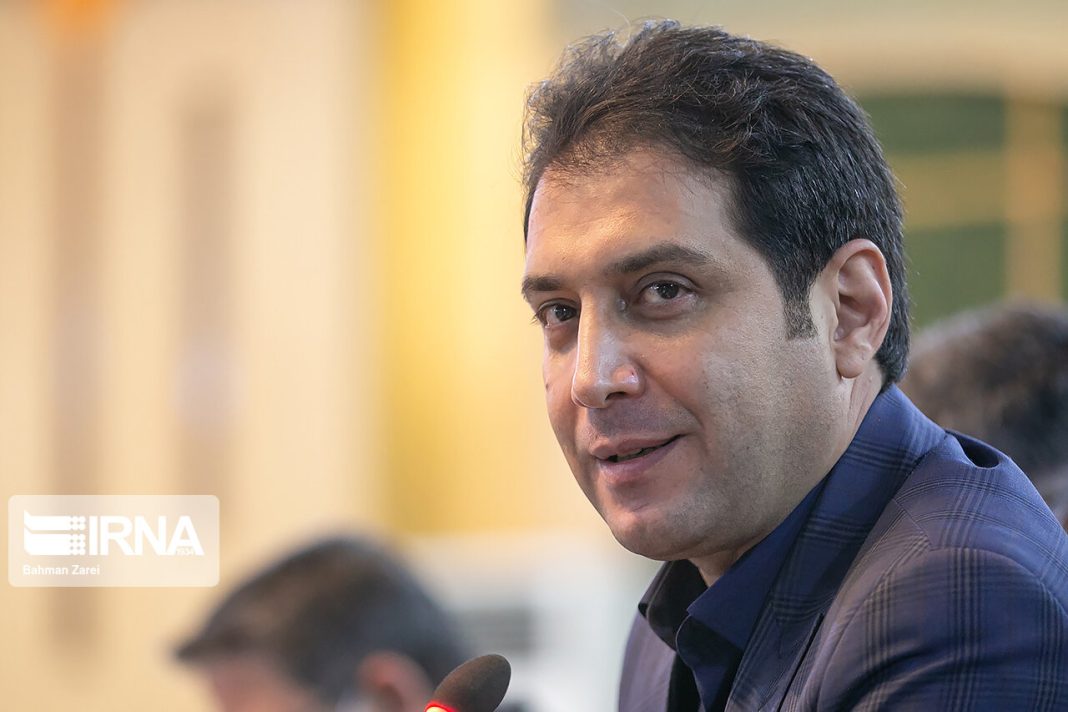Iran’s Shargh daily, in an article on Monday, has praised the development and given a historical account of appointing Sunni minorities to key posts in Iran, noting since the early years following the 1979 Islamic Revolution, no Sunni individual had been appointed as governor until 2024.
The initial three years post-Revolution saw four Sunni governors, but from the mid-1980s, restrictions were imposed on employing Sunnis in cultural, academic, and political roles, including border county governors, it added.
The reform era beginning in 1997 gradually reversed the restrictions, leading to the appointment of the first Sunni governor in Divandarreh. The trend continued, with Sunnis being appointed as deputy governors and county governors.
During Hassan Rouhani’s presidency, Sunnis were appointed to key positions such as directors general of culture and agriculture ministries, and heads of universities.
The new administration of President Massoud Pezeshkian has intensified the trend, appointing several Sunnis as deputy ministers and other key roles, including the governor of Kordestan.
This inclusive approach aims to enhance national cohesion and increase Sunni participation in the political structure. However, addressing the developmental challenges of Kordestan Province requires more than just appointing Sunni officials, Shargh argues.
“The province faces significant developmental issues, including poor transportation infrastructure and high unemployment, especially among educated individuals.”
“Addressing these challenges necessitates a comprehensive development plan, adequate budgeting, and oversight. Additionally, leveraging Kordestan’s potential for foreign trade with Iraq, tourism, and industrial and agricultural development is crucial,” it noted.
The reformist newspaper wrote reducing the government-people gap also requires political and security reforms, suggesting “with the 2022 incidents, reconciliation and judicial reviews are essential for fostering unity.”
